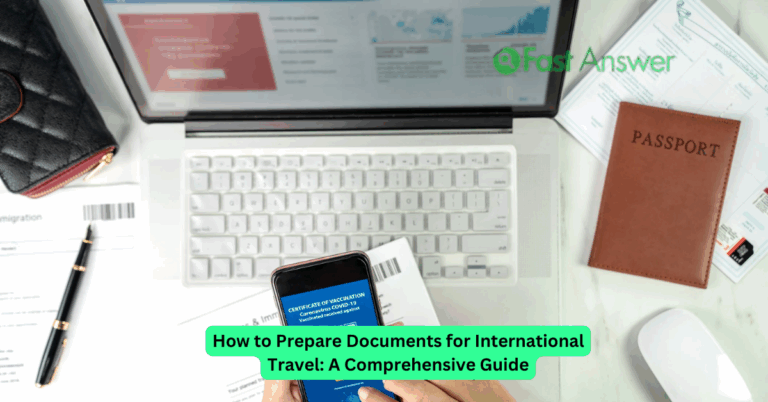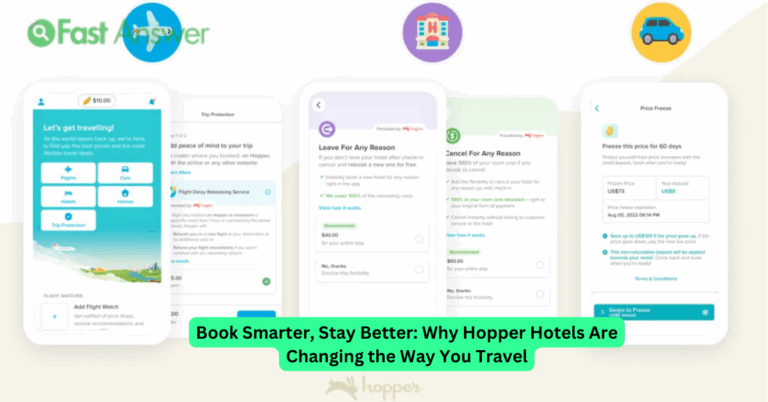Travel Budgeting Tips for First-Time Explorers: Spend Smart, Travel Far
For many first-time travelers, the thrill of planning a trip is often met with a single daunting question how do I afford it all? Travel doesn’t have to be expensive to be rewarding. With smart planning and realistic financial decisions, you can explore the world without draining your bank account. The key lies in creating a travel budget that aligns with your goals, lifestyle, and destination. Whether you’re heading off on your first backpacking adventure or planning a short getaway, these travel budgeting tips for first-time explorers will help you stay on track and enjoy your journey with confidence and clarity.
Start With a Clear Budget and Destination Match
The first step to smart travel budgeting is knowing exactly how much you can afford to spend. Before choosing a destination, determine your total available funds for the entire trip including transportation, accommodation, meals, activities, insurance, and a small emergency buffer. Then match your destination to your budget not the other way around. Some regions naturally offer more value than others. Southeast Asia, Eastern Europe, and parts of Central America are ideal for budget travelers. Prioritize places with affordable living costs, accessible public transit, and diverse accommodation options. When your destination fits your financial comfort zone, it becomes easier to enjoy the experience without financial stress.
Track Every Expense Before and During the Trip
Budgeting isn’t just about planning it’s about monitoring. Once you’ve set your travel budget, use an app or a spreadsheet to list expected expenses. Break down your costs into categories like flights, lodging, daily meals, activities, transportation, and extras. During the trip, record every expense as it happens. Even small costs like coffee or snacks add up over time. Tracking your spending in real time helps you avoid overspending early in the trip and gives you a clear picture of where your money is going. With this level of awareness, you can make smarter choices on the fly and stay within your limits.
Prioritize Experiences Over Luxury
When traveling on a budget, it’s essential to focus on what truly matters experiences. Choose local street food over expensive restaurants, explore free walking tours instead of high-priced excursions, and opt for shared hostel rooms or budget-friendly guesthouses rather than luxury hotels. Not only do these options stretch your budget, but they also immerse you deeper into the local culture. Avoid the temptation to overspend on souvenirs or paid attractions that don’t resonate with your travel goals. Some of the best memories come from simple moments like hiking a scenic trail, wandering through local markets, or connecting with fellow travelers.
Use Rewards, Discounts, and Travel Hacks
Maximize your travel budget by taking advantage of deals and rewards. Sign up for travel rewards credit cards that offer points or miles for everyday spending, which you can later redeem for flights or accommodations. Use student or youth discounts where applicable, and always check for promo codes before booking anything. Consider traveling during shoulder seasons to enjoy lower rates on flights and lodging. Tools like flight deal alerts, price comparison sites, and budget travel blogs can help uncover hidden discounts. When you pair careful spending with clever planning, you unlock more value from every dollar you invest in your trip.
Prepare for Surprises With a Backup Fund
Even the best plans can face disruptions unexpected delays, lost items, or medical needs can quickly derail a tightly planned budget. That’s why every first-time traveler should set aside a small emergency fund separate from their main travel budget. This backup can cover last-minute changes, additional transportation, or basic necessities in case of an emergency. Travel insurance is another must, offering peace of mind and financial protection. Preparing for the unexpected ensures that surprises don’t spiral into setbacks, keeping your trip running smoothly and your wallet under control.
Frequently Asked Questions
How much should a first-time traveler budget for a trip?
It depends on the destination and trip length. A short trip to a nearby city may cost a few hundred dollars, while a month-long international adventure could range from $1,000 to $3,000 depending on your spending habits.
Are hostels safe for budget travelers?
Yes, most hostels are safe and cater to solo and first-time travelers. Read recent reviews, choose places with lockers, and consider smaller dorms for extra comfort.
Can I travel without a credit card?
While possible, having a credit card provides added security, access to bookings, and emergency funds. Look for a no-foreign-transaction-fee card with travel perks.
What’s the biggest budgeting mistake first-time travelers make?
Overlooking daily expenses like transport, snacks, or entry fees. Small, unplanned costs can add up quickly if not tracked.
How can I avoid overspending while traveling?
Set a daily spending limit, track all expenses, and use cash for day-to-day purchases to stay mindful of your budget.



